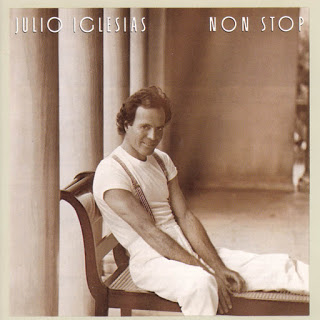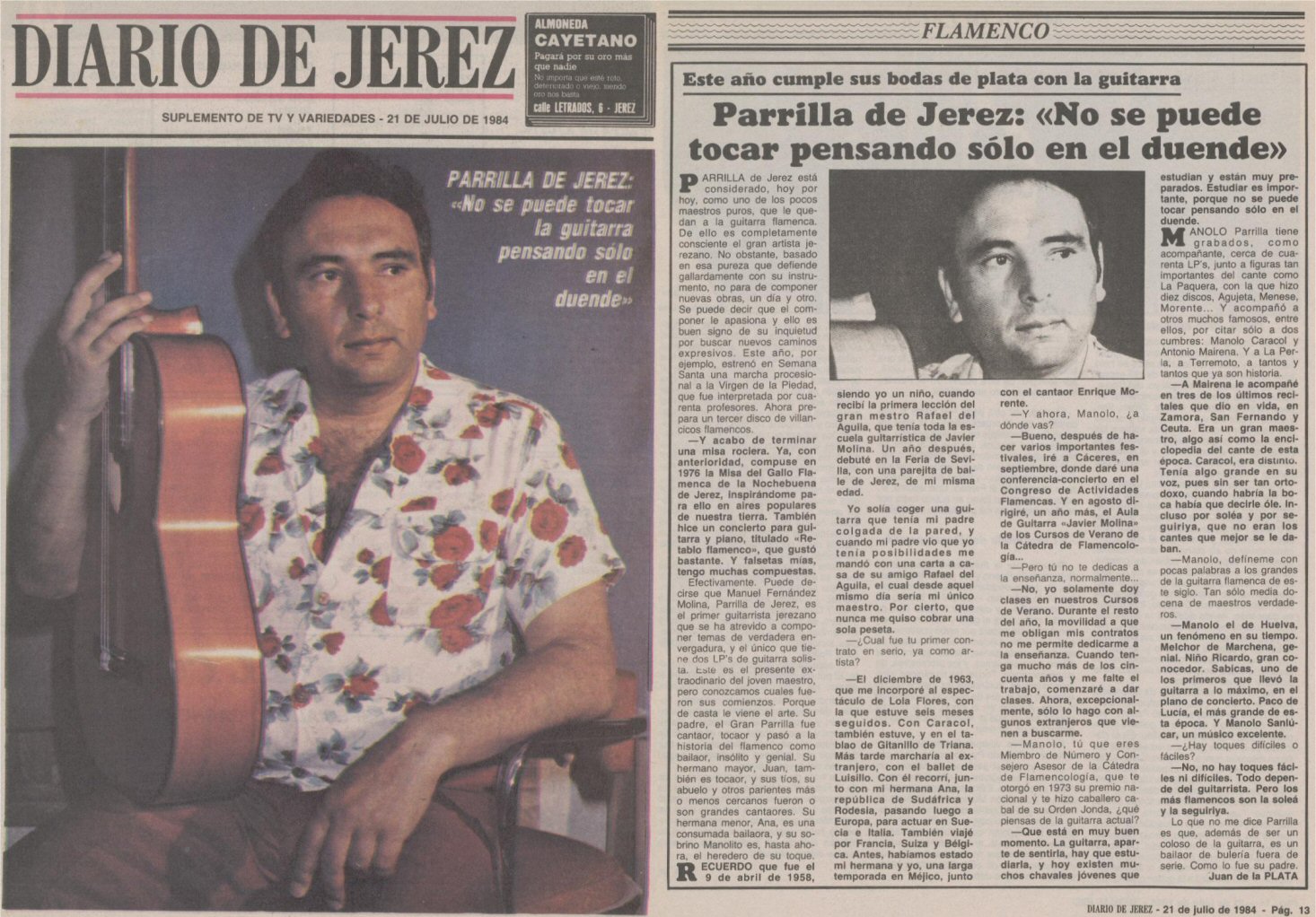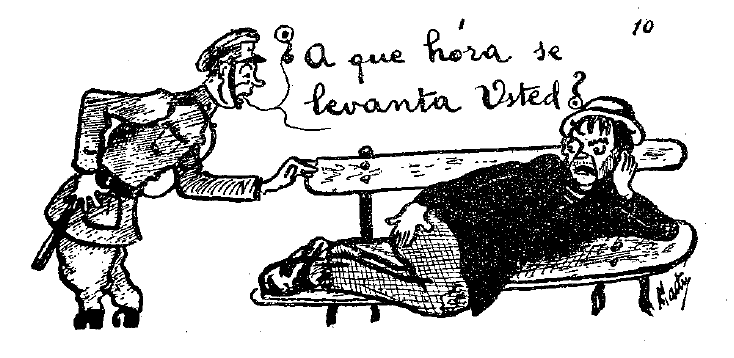
| Языки :: Испанский |
| Аудио |

 |
|
 |
|
|
Español |
Spanish |
| 32 | Lección Décima (10ͣ) | |
| Un chocolate y un periódico | A chocolate and a paper. | |
| 1 | Son las ocho, y el tren sale a las ocho y media (1). |
It is eight [are the eight] and the train leaves at half past 8 [at the
8 and half]. |
| 2 | Tengo tiempo para tomar una taza de chocolate en la fonda. | I have time to [for] take a cup of chocolate in the refreshment-room. |
| 3 | ¡Camarero! Un chocolate con bizcochos ¡pronto! | Waiter! A chocolate with biscuits, quick! |
| 4 | ¿Cuánto es? - Una peseta (2). | How much is (it) ? - One peseta. |
| 5 |
Yo doy una peseta, y veinte céntimos de propina. - Gracias, señor. |
I give one peseta and twenty centimes for a [of] tip. Thank you, sir. |
| 6 |
Me levanto, y voy al quiosco a comprar un periódico español,
que vale diez céntimos. |
(I) [me] get up and go to the bookstall to buy a Spanish paper which costs ten centimes. |
| 7 | Me esforzaré por leer el periódico en el tren. | (I) shall try ["effort myself"] to [for] read the paper in the train. |
| 8 | Hay muchas palabras que se parecen en español y en francés(3). | There are many words which resemble each other in Spanish and French. |
| 9 |
Espero que comprenderé o adivinaré bastante, con la ayuda de mi diccionario. |
(I) hope that (I) shall understand or guess enough, with the aid of my dictionary. |
| EJERCICIOS | EXERCISE : | |
| 1 | ¿A qué hora se levanta usted? |
At what time do you get up? |
| 2 | Me levanto a las echo y media. | (I) get up at half past 8. |
| 3 | ¿Tiene usted bastante dinero español? | Have you enough Spanish money? |
| 4 | Tengo sólo quince pesetas, pero voy a cambiar mi dinero francés. |
(I) have only fifteen pesetas, but (I) go to [at] change my French money. |
| 5 | En la estación hay una oficina de cambio. |
In the station there is an exchange office [office of exch.] (S. less. 14, paragr. I). |
|
Solo : alone, single, only (adject.); |
| NOTES. | |
| 1 |
We have seen that good day is said in the plural Buenos
días. So for the time : It is four o'clock : son las cuatro (understood : horas). |
| 2 |
Let us distinguish : cuanto, how much and
cuando : when. |
| 3 |
Mucho, much or many, varies in the
feminine and plural. |
|
Let us examine together the verbs in this lesson. |
|
|
The future, 1st person is formed by adding
é to the infinitive : |
